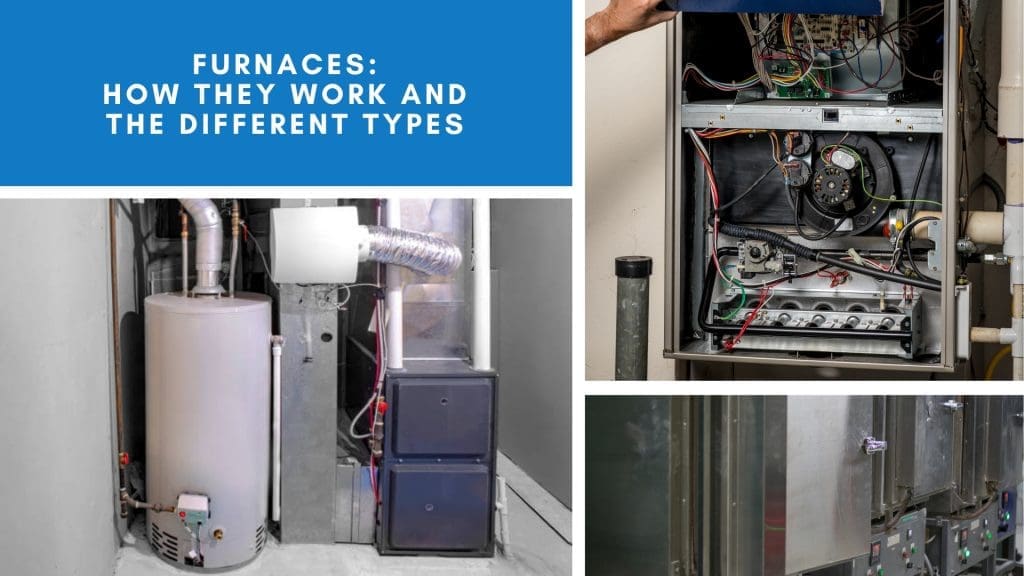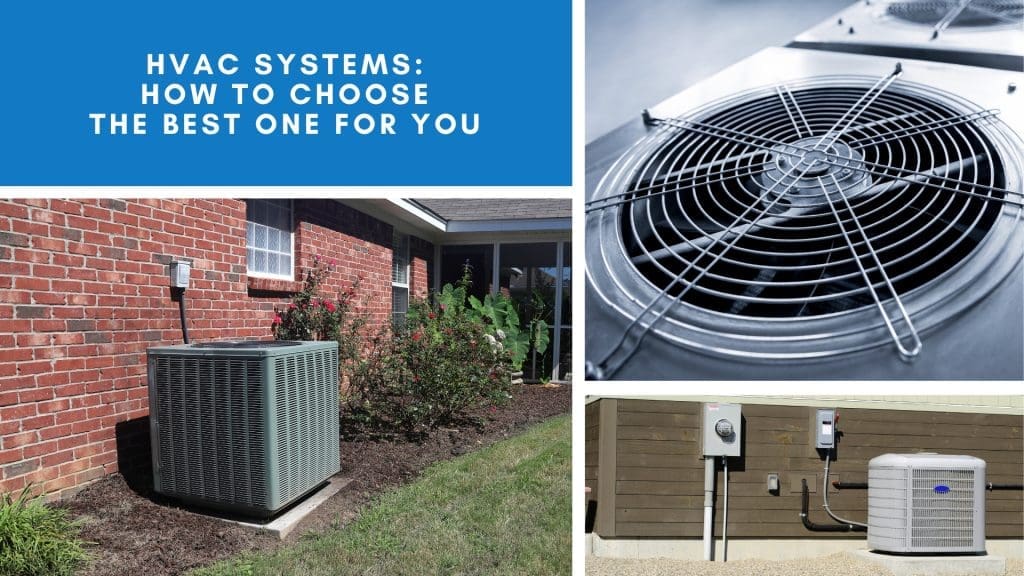When the summer heat rolls into the Los Angeles metropolitan area, the last thing you need is your air conditioner underperforming. The relentless sun and soaring temperatures can quickly transform your sanctuary into an uncomfortable sweatbox, making effective air conditioning a necessity rather than a luxury. If your air conditioner is not blowing cold air, it can turn a comfortable home into an unbearable environment. Understanding the common air conditioner issues that can plague your AC system and knowing how to address them can save you from discomfort and potential costly repairs. Fortunately, you can troubleshoot some common issues before deciding to call a professional. This guide will help you understand why your AC might not be cooling properly and what steps you can take to remedy the situation, ensuring you stay cool and comfortable all season long.
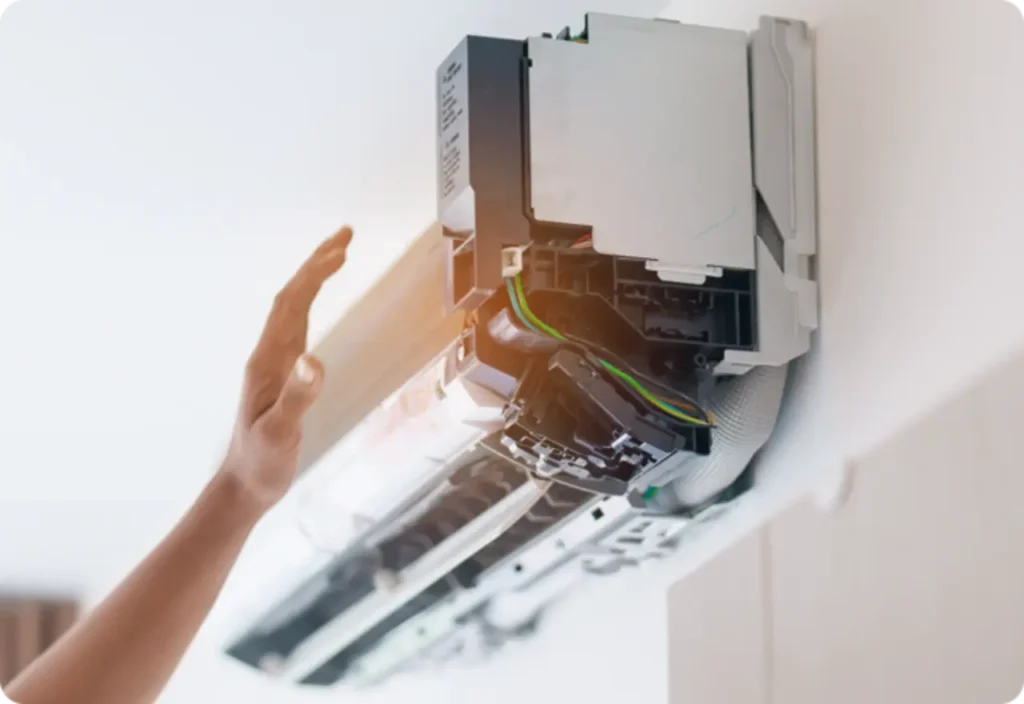
Common Reasons Your AC Isn’t Blowing Cold Air
Understanding the root cause of why your air conditioner isn’t blowing cold air can save you time and money. An underperforming AC system not only affects comfort but also leads to increased energy consumption, resulting in higher utility bills. By identifying the underlying issues, you can avoid unnecessary expenses and prolong the life of your unit. Here are some common reasons:
1. Thermostat Settings
The first step in troubleshooting your air conditioner is to check the thermostat. It’s the brain of your AC system, dictating how and when the unit operates. Ensure it’s set to ‘cool’ and the temperature setting is lower than the current room temperature. Simple as it may seem, overlooking these settings is a common mistake. Sometimes, thermostat settings are accidentally changed by kids or during cleaning. A thermostat that is not functioning correctly can cause your unit to operate inefficiently or not at all. If your thermostat is outdated or malfunctioning, consider upgrading to a smart thermostat for more precise control and energy savings.
2. Clogged Air Filters
Dirty or clogged air filters can significantly impede airflow, causing your AC unit to struggle in cooling your home. This not only affects the cooling efficiency but also puts extra strain on the system, potentially leading to breakdowns. Regularly changing your air filters every 1-3 months can prevent this issue and improve the efficiency of your unit. Clean air filters ensure optimal airflow, enhancing indoor air quality and keeping your system running smoothly. Consider setting reminders or subscribing to a filter delivery service to ensure timely replacements.
3. Refrigerant Levels
Refrigerant is essential for cooling your air. It absorbs and releases heat, making it crucial for the cooling process. If your AC is running but not cooling, it might be due to low refrigerant levels, often caused by leaks. Refrigerant leaks not only reduce efficiency but can also be harmful to the environment. A professional HVAC technician should handle refrigerant issues, as they require specialized knowledge and equipment. Attempting to address refrigerant problems on your own can lead to further damage and void any warranties. Regular maintenance checks can help detect refrigerant issues early, preventing major repairs.
4. Dirty Evaporator or Condenser Coils
Over time, dirt and grime can accumulate on the evaporator or condenser coils, reducing the system’s efficiency. This buildup acts as an insulator, hindering the heat exchange process essential for cooling. Regular maintenance and cleaning can prevent this issue. If your AC unit is not cooling, it might be time to have these components professionally cleaned. Professional cleaning ensures that all parts are thoroughly inspected and serviced, restoring your unit to optimal performance. Regularly scheduled cleanings can also prevent corrosion and extend the life of your system.
5. Faulty Capacitors or Motors
The capacitors and motors are critical components of your AC system. They provide the necessary power to start and run the compressor and fan motors. If these parts malfunction, your system may fail to cool the air adequately. This issue often requires professional diagnosis and repair. Ignoring signs of capacitor or motor failure can lead to complete system breakdowns and costly repairs. Regular inspections can identify potential issues early, allowing for timely repairs and avoiding inconvenience during peak usage times.
Troubleshooting Steps You Can Take
While some AC issues require professional attention, there are several steps you can take to troubleshoot your air conditioner issues at home. Empowering yourself with basic knowledge can help you address minor problems quickly and efficiently, restoring comfort without the need for immediate professional intervention.
Step 1: Check the Power Supply
Ensure that your air conditioning unit is receiving power. Often, a simple power issue can be the cause of your AC’s failure to cool. Check the circuit breakers and fuses to see if there has been a tripped breaker or blown fuse. Reset the breaker or replace the fuse if necessary. Frequent power issues may indicate an underlying electrical problem that requires professional assessment. Ensure that your AC unit is plugged in and that any power switches are turned on.
Step 2: Inspect the Thermostat
Verify that your thermostat is functioning correctly. A malfunctioning thermostat can lead to incorrect temperature readings and inefficient operation. Replace batteries if it’s battery-operated and ensure that the settings are configured correctly. Sometimes, a simple reset of the thermostat can solve the problem. If the issue persists, consider consulting a professional to ensure your thermostat is calibrated correctly. Upgrading to a programmable or smart thermostat can offer better control and efficiency.
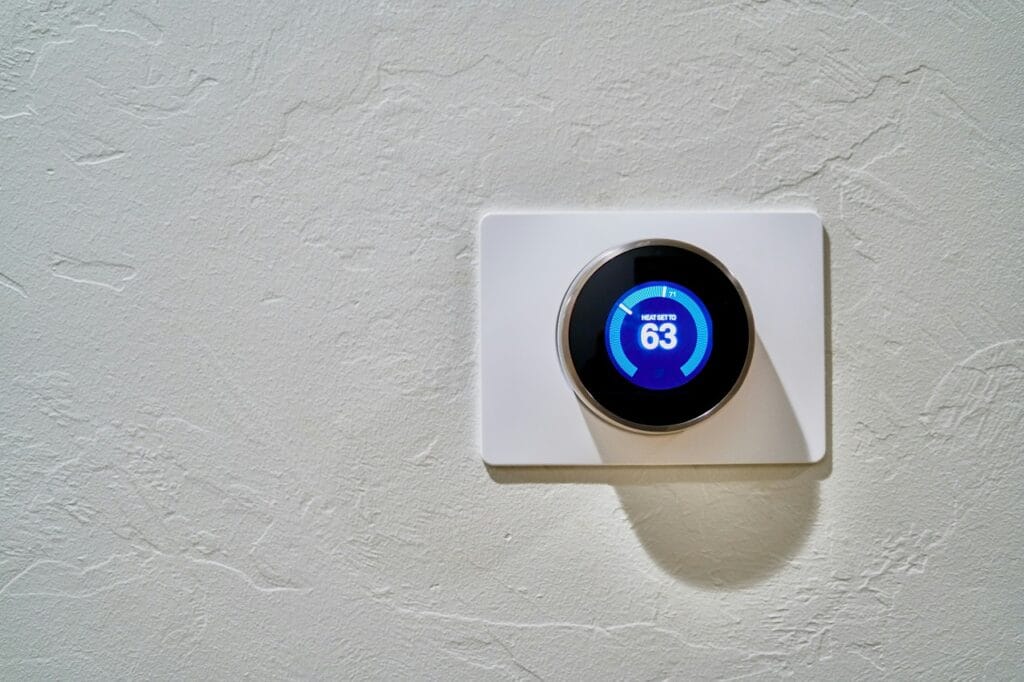
Step 3: Clean or Replace the Air Filter
A dirty air filter can restrict airflow, causing your AC to work harder than necessary. This not only affects cooling efficiency but also increases energy consumption. Check your air filter and clean or replace it if it’s dirty. This small step can significantly improve your system’s performance. Consistent filter maintenance can also improve indoor air quality, providing a healthier living environment. Consider using high-efficiency filters for enhanced air quality.
Step 4: Examine the Outdoor Unit
Ensure that the outdoor unit is free from debris, such as leaves, grass, and dirt. Blockages can severely restrict airflow, reducing the efficiency of your system. Clear at least two feet of space around the unit to ensure proper airflow. A blocked condenser unit can lead to decreased efficiency and cooling capacity. Regularly inspect and clean the area around your outdoor unit to prevent debris accumulation. Consider installing a protective cover during off-seasons to maintain cleanliness.
Step 5: Check for Ice Build-up
Ice build-up on your AC unit can indicate a problem with airflow or refrigerant levels. Blocked airflow or low refrigerant can cause the coils to freeze, inhibiting cooling. Turn off the unit and let the ice melt before restarting. If the problem persists, it’s best to call a professional. Continual ice build-up can lead to more severe damage if not addressed promptly. Regular maintenance checks can prevent ice-related issues by ensuring all components function correctly.
When to Call a Professional
If you’ve gone through these troubleshooting steps and your air conditioning unit is still not blowing cold air, it might be time to call in a professional. Complex issues such as refrigerant leaks, electrical problems, or mechanical failures require specialized knowledge and tools. Issues such as refrigerant leaks, electrical problems, or complex mechanical failures require the expertise of a trained HVAC technician. Attempting to fix these problems yourself can lead to further damage and potential safety hazards.
At LC Heating and Air Conditioning, we pride ourselves on our commitment to quality service and customer satisfaction. Our team of experienced technicians is trained to handle all AC-related issues, ensuring a quick and effective resolution. We understand that reliable and efficient air conditioning is crucial to your comfort, especially during the sweltering Los Angeles summers. Our priority is to restore your comfort with minimal disruption, providing peace of mind and a cool home environment.
Preventive Maintenance Tips
To keep your air conditioning unit running efficiently and prevent future issues, consider these preventive maintenance tips. Regular upkeep not only enhances performance but also extends the lifespan of your unit, saving you money in the long run.
- Schedule regular professional maintenance at least once a year. Professional inspections can identify potential issues before they escalate, ensuring your system runs smoothly year-round.
- Keep your air filter clean and replace it regularly. Consistent filter maintenance is crucial for optimal airflow and indoor air quality.
- Ensure your thermostat is accurate and functioning correctly. A reliable thermostat helps maintain consistent temperatures and energy efficiency.
- Clean around your outdoor unit to prevent debris accumulation. Regular cleaning prevents blockages and maintains proper airflow, enhancing efficiency.
- Check for signs of wear or damage and address them promptly. Early detection and repair can prevent minor issues from becoming major problems.
By maintaining your air conditioning system, you can ensure optimal performance and extend the lifespan of your unit. Proactive care not only enhances comfort but also provides peace of mind, knowing your system is in top condition.
Conclusion: Resolving Air Conditioner Issues for Lasting Comfort
Dealing with an air conditioner that isn’t blowing cold air can be frustrating, especially when you need relief from the heat. A malfunctioning AC not only affects comfort but can also lead to higher energy costs and potential health issues. By understanding common issues and performing basic troubleshooting, you can address minor problems and know when to call a professional. This proactive approach ensures you stay cool and comfortable while minimizing disruptions and expenses.
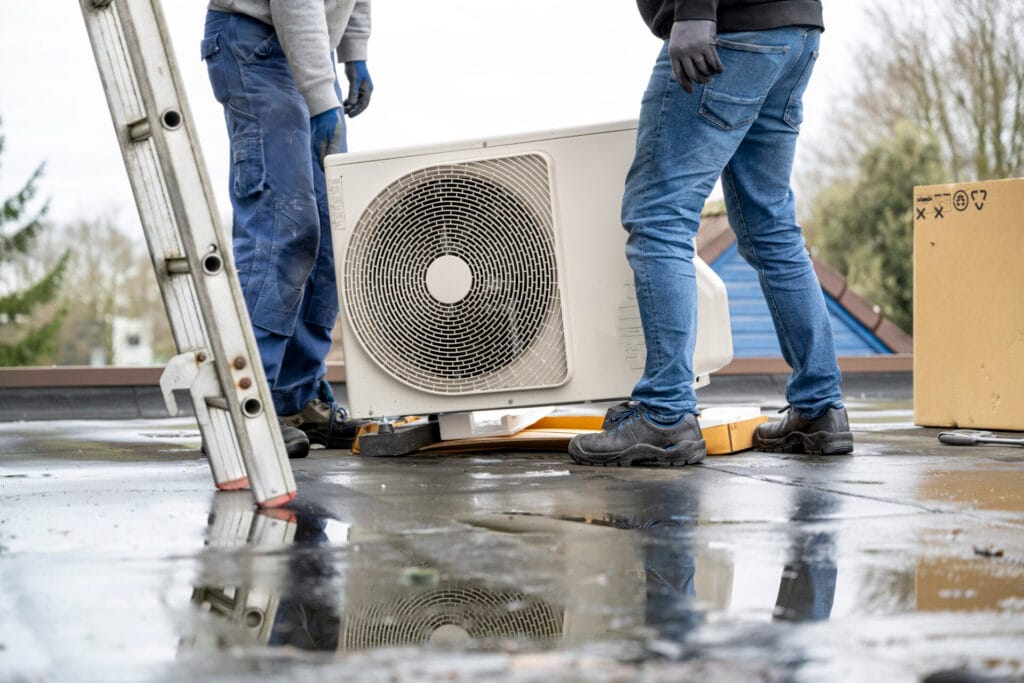
For residents in the Los Angeles area, LC Heating and Air Conditioning is here to help with your HVAC needs. Our team is equipped to handle all air conditioning issues, from routine maintenance to emergency repairs. Whether it’s routine maintenance or emergency repairs, our team is dedicated to providing you with reliable, high-quality service. We prioritize your comfort and satisfaction, ensuring your home remains a refuge from the heat.
Don’t let a malfunctioning AC ruin your comfort. Addressing issues promptly can prevent further complications and maintain a pleasant indoor environment. Contact us today at lahvaclc.com or call (818) 858-7080 for assistance. Our team is ready to restore your cooling system to optimal performance, ensuring your home remains a haven from the sweltering temperatures.
Remember, a cool home is a happy home! Keep your air conditioning system in top shape to enjoy a comfortable and refreshing living space all summer long.

